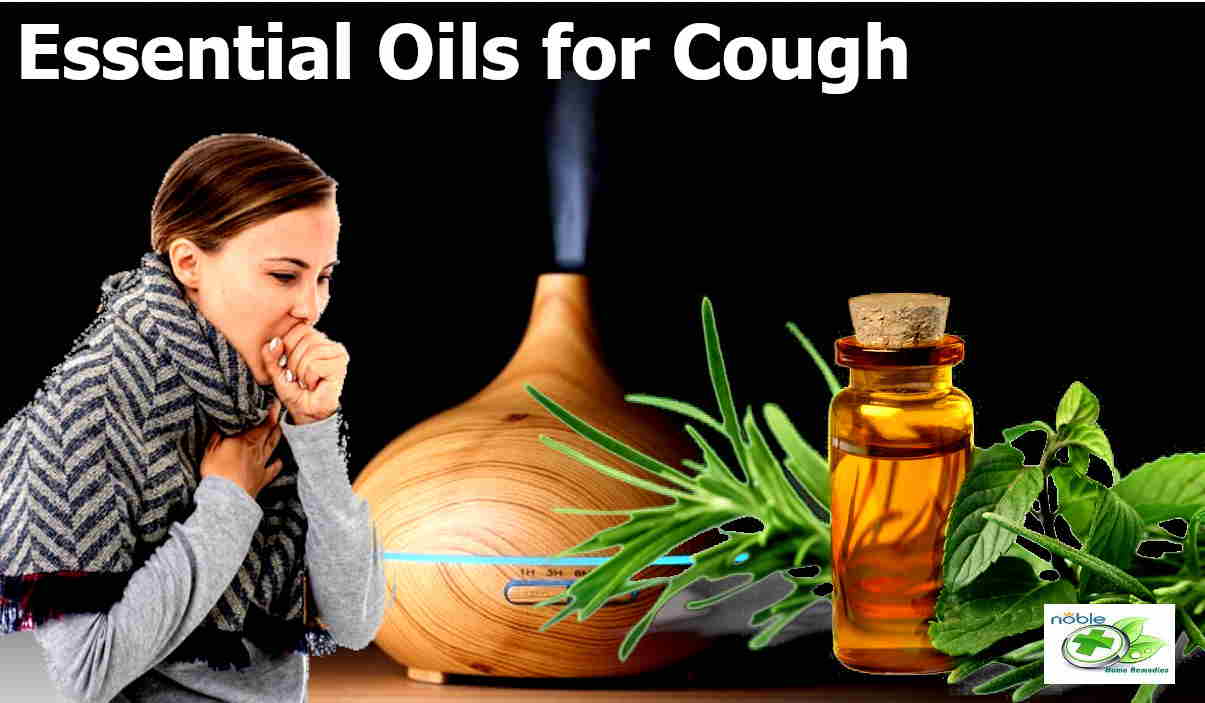Whooping cough is a disease, also called pertussis, and is a highly transmissible bacterial infection. It goes into the nose and throat and spreads easily and fast.
The vaccines used in the United States for whooping cough are DTap and Tdap to prevent infection in children and adults. This vaccine also gives protection against tetanus and diphtheria.
Pregnant mothers are advised to have a whooping cough vaccine in their third-trimester pregnancy. Refer to the vaccine schedule recommended by the CDC.
Table of Contents
Whooping Cough Symptoms
Whooping cough initially looks like a normal cold and cough. It begins with a mild cough, sneezing, running nose, and a slight fever. Some may get diarrhea too. Thereafter about 7 to 10 days coughing becomes stronger and produces a whooping sound as the infected person breathes the air in and out.
The whooping sound may last up to one minute. During coughing people’s faces may turn red due to the effort they put into breathing.
This is a dry cough, therefore no mucus is produced. That is one of the main reasons for you getting a whopping sound while coughing. There are times adults keep coughing for a long time continuously.
Children and Whooping Cough
Whooping sound happens in adults only and not in infants. Infants do even not cough. They pant for air trying to breathe and may end up vomiting.
Whooping cough in infants can be dangerous. Babies less than 6 months old are at high risk as breathing becomes difficult for babies. This is known as Apnea in medical terms. Importantly, you need to be aware that babies infected with pertussis do not cough at all. They end up stopping breathing and turning blue.
If you suspect your kid is infected with whooping cough then you must immediately approach a doctor for treatment.
There is a medium risk for children under 18 years of age and weak adults. It should not be ignored. You should watch them carefully throughout. Because the coughing spells can affect them making it difficult to breathe or even stopping them from breathing.
Here again, if the infection is severe do not hesitate to consult a doctor. The best way to protect your children from whooping cough ensuring whooping cough immunization is done on time.
Pregnant Women Need Whooping Cough Vaccine
Talk to your gynecologist or a midwife about getting a Tdap shot in a timely manner.
As per the CDC recommendations, you should have the Tdap vaccine shot between the 27th and 36th weeks of your pregnancy. Once a vaccine shot is received your body produces protective antibodies in your system.
Also, passes the antibodies to your baby in the womb before the baby’s birth. This provides your baby early short-term protection against whooping cough.
Babies are given the first vaccination shot after their birth when they are two months old.
Now you will understand the importance of early short-term protection by the pregnant mother taking a shot of Tdap to have the whooping cough immunization completed at the right time.
How does whooping cough spread?
When an infected person coughs, laughs, or coughs he or she will let small droplets out in the air with the bacteria that cause pertussis. The people nearby inhaling or breathing these droplets get infected so easily with whooping cough.
The bacteria reach the lungs through your nose and get attached to the hairs of linings in the lungs. Eventually, this bacteria causes inflammation or swelling and leads to dry cough, longer spells of cough, and cold symptoms.
There is no age limit. Anyone at any age can get infected with whooping cough. This cough can trouble an infected person for more than 3 weeks.
How long does a Whooping cough shot last?
The whooping cough vaccine shot does not last as expected. The protection wears off as time passes by. After five years of protection against pertussis disease is about 70 %. It further decreases after 5 years.
There are natural home remedies one could use to control and shorten the period of whooping cough and its symptoms.
Important: Immediately seek a doctor’s guidance if your infant is suffering from whooping cough with symptoms of breathing difficulty and vomiting.
Top 10 home remedies for whooping cough
1. Ginger with Natural Honey
Ginger is a great natural cough medicine that can be used to treat whooping cough.
The antibacterial properties of Ginger destroy the bacteria from your system and help faster recovery from whooping cough. Its immune properties combat the infection in your system and accelerate the recovery from many other infections as well.
Methods of consumption using ginger and honey
- Make a mixture of one tablespoon of fresh ginger juice and natural honey. Drink the mixture twice a day and continue as necessary.
- Make a mixture of fresh ginger juice, lemon juice, and onion juice in equal quantities. Drink this one tablespoon of mixture 3 times a day. Keep repeating as necessary
- In a cup of water boil two teaspoons of fenugreek seeds. Boil it till it becomes half the cup. Then add fresh ginger juice and little natural honey. Drink this blend once a day. Keep repeating as necessary.
2. Garlic for whooping cough
Garlic is a natural antibiotic. It contains antibacterial and antiviral properties to fight whooping cough. It effectively works to control pertussis infection and gives faster relief.
Methods of consumption of Garlic
- Drink one teaspoon of garlic juice three times a day. Repeat for a week or as necessary
- Boil the chopped garlic cloves in a bowl of water for a few minutes. Then cover your head and the bowl with a clean towel and inhale the steam. This is only for adults and not for small children
- Drink garlic syrup once a day. The dosage is one tablespoon for adults and one teaspoon for children
Following are the ingredients needed and the steps to make the garlic syrup:
- Grind or mince one pound of garlic
- Add two cups of distilled water
- Add two cups of apple cider vinegar
- Mix all these ingredients and keep it for about 4 hours
- Strain the mixture through a sieve
- And finally, add one cup of natural honey to the mixture
- Now your syrup is ready to drink and to treat whooping cough
3. Turmeric is ideal for whooping cough
Turmeric is great stuff to treat whooping cough as it has antibacterial and antiviral properties. This is best for a dry cough by providing a therapeutic effect.
Since whooping cough is also, a dry cough it responds well. In addition, turmeric also has immune properties, and therefore it is good for general health and combat infections.
Methods of intake of Turmeric
- Make a mixture of one tablespoon of natural honey with ½ teaspoon of turmeric powder. Drink it twice a day till you get better.
- Take a glass of warm milk and mix ½ teaspoon of turmeric powder. Drink it twice a day. Keep repeating as necessary.
- Turmeric supplements in form of capsules can also be bought over the counter. Take physician advice on dosage before consuming it.
4. Honey
Natural and raw honey is a great home remedy to treat whooping cough. Its antiseptic and antibacterial properties combat bacteria and give you relief from the infection.
Methods of consumption
- Simply add one tablespoon of natural raw honey to a glass of warm water. Drink this 3 times a day. Honey gives a soothing effect on your throat.
- Mix 1 teaspoon of natural raw honey and ½ teaspoon of cinnamon powder. Drink it before going to bed. This will give some relief from the cough and make you sleep better.
- Mix 1 teaspoon of natural raw honey, 1 teaspoon of fresh radish juice, and a little rock salt. Drink three times a day and continue as necessary.
5. Lemon
Lemon is also a natural remedy for whooping cough. Here the citric acid in the lemon works on your system to reduce the thickness of any mucus.
Its high level of antibacterial and antiviral properties combats pertussis infection. The richness of the Vitamin C meanwhile boosts the immunity of your system.
Methods of consumption
- Pick a glass of warm water and add 1 tablespoon of lemon juice with some of the natural raw honey. Drink many times a day. Keep repeating for a few days.
- Another interesting way is to rub little salt and pepper on the half-cut lemon. Keep licking the lemon. It will soothe your throat to reduce cough.
6. Oregano Herb
Oregano herb is mainly used for so long for lung-related infections. This herb is also used to treat whooping cough. This herb comprises antibacterial, expectorant, and antispasmodic properties.
These all help to clear the lungs, keep them free from lung infections, and help to cure a dry cough.
Methods of consumption of Oregano
- Add 6 drops of pure Oregano Oil into the boiling pot of water. Then cover the pot and your head with a towel to inhale the vapor. Repeat this about three times a day. You will find you are getting relieved from a cough. You could repeat this remedy for a few days.
- Add about 12 drops of pure Oregano Oil to 2 tablespoons of olive oil. Instead of olive oil, you could use jojoba oil as well. Every day before going to bed rub this mixture on your chest. This will ease your cough and allows you to sleep better.
- You also can make an herbal tea out of oregano. Drink this herbal tea three times a day to get a soothing effect and ease a dry cough.
Read our exclusive article on essential oils for cough including whooping cough. It may be helpful to understand better how to use essential oils for cough.
7. Almonds for whooping cough
Almond is cool stuff in curing pertussis infection. In this case, almond nuts and oil both can be used. They are highly rich in antioxidants and phytochemicals.
It is really good for cough infections. Meanwhile almond also works well in the system to boost immunity.
Methods of consumption
- Make a mixture with 6 drops of almond oil, 11 drops of fresh ginger juice, and 11 drops of fresh white onion juice. Drink the mixture thrice a day. You could continue this remedy till the cough ease.
- Soak about 10 almonds in the water and leave it overnight. The skin becomes soft and just peels the skin off. Then grind the almonds to make a fine paste. Eat the paste by adding one teaspoon of butter thrice a day. Continue for a couple of days till the cough ease.
- Make a chest rub by mixing 1 tablespoon of almond oil and a few drops of essential oil. Essential oils could of rosemary, eucalyptus, or camphor. Rub it over the chest.
8. Licorice Root
Licorice is a herbal root that is used to treat pertussis effectively. It is a great demulcent (relieving inflammation and irritation) on your throat to ease the cough. Additionally, this herbal works to clear any congestion in the lungs and as well in the bronchial tubes.
Methods of consumption
- Take two cups of water and add one teaspoon of dried licorice root powder. Boil it for about 5 minutes. Steep it by removing it from the stove for 10 minutes. Strain the solution and drink it. Drink the solution twice a day.
- Make a mixture of ½ teaspoon of licorice root powder and little natural honey. Drink it three times a day.
9. Saffron
Saffron is an expensive spice that comprises antibacterial properties. It works against the bacteria that cause pertussis. It is also an expectorant and helps to clear any phlegm to make breathing easy.
Add 7 saffron stigmas to ½ cup of hot water and leave it for 5 minutes. Drink the brew three times daily. Keep repeating for a few days for better results.
10. Chamomile
Chamomile herbal tea can be consumed to have relief from whooping cough, This herb comprises immune and anti-inflammatory properties and helps to a faster recovery from whooping cough.
In a hot cup of water add 2 teaspoons of dried chamomile flowers. Keep it for about 5 minutes by covering it with a saucer. Strain the flowers off and add little honey and fresh lemon juice. Drink this herbal tea minimum of 4 times a day. Keep drinking for a few days and whooping cough is controlled and gone.
2 Sources
Noble Home Remedies relies on peer-reviewed studies, academic research institutions, and medical associations for accuracy and reliability while avoiding tertiary references. Our editorial policy provides more information about how we ensure our content is accurate and up-to-date.
- Source: Whooping cough is a vaccine-preventable disease as per the NCBI
- Whooping Cough Alleviated by Homeopathic Medicines says NCBI









